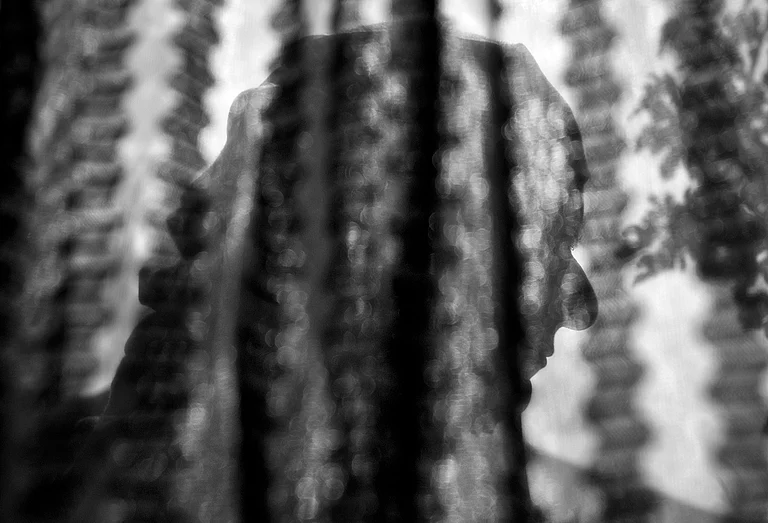
This column had frequently hoped that a new class of people would emerge to replace the present class of politicians. In vain. Consider the actual political trends. Before Emergency, voters were ideological. They voted for communists, socialists, Jana Sangh and Swatantra, though aware that these parties would not come to power. The Congress housed supporters of all these ideologies. That was why Lohia sought Opposition unity on a common minimum programme. He said Opposition votes added up would challenge the Congress. Events fulfilled Lohia's dream. Because of the Emergency and Jayaprakash Narayan, the Janata Party emerged. Apart from the Congress, it is the only party to have singly governed India.
After the Janata interlude, voter psychology changed. People now sought parties that could enter government. Parties that aspired to govern necessarily had to form coalitions. They had to contest sufficient seats in assemblies to form state governments. This gave a boost to regional parties that relied on regional aspirations. National parties had to woo them.
Then along came cable TV. It introduced a profound change. National politics entered living rooms across the country. People everywhere wanted to be part of the action. This had its political accompaniment. It compelled regional parties, in turn, to forge links with national coalitions. In the last general elections, for the first time, regional parties like the Telugu Desam gained as much from Vajpayee's image as the BJP from the TDP's grassroots strength.
As the countdown begins for the 2004 general elections, two events could become significant trendsetters. First, the Samata Party has merged with Sharad Yadav's JD(U). George Fernandes as leader of the new party is attempting an expanded alliance within the NDA that would include Sharad Pawar, Mulayam Singh Yadav, Mamata Banerji and O.P. Chautala. This wouldn't necessarily displease Vajpayee. It should help him, balanced against the Sangh parivar. Sensing this, the vhp's already edging away, contemplating a fringe party of its own.
The other event is the BSP's split. Phool Singh Bharaiya, who built up Madhya Pradesh's BSP unit, has broken away. He had protested against Mayawati's proximity to Congress. Bharaiya is now cosying up to the BJP. Both events indicate a setback for the Third Front. The BJP and Congress seem indispensable focal points for a two-coalition, and not two-party, system.
Hopefully, electoral competition will eventually improve governance. The coalition that first converts itself into a federation, accepting a common election symbol for Parliament while allowing, in the transitional stage, different symbols in the states, will carry the day. People are tired of coalition tantrums.






















